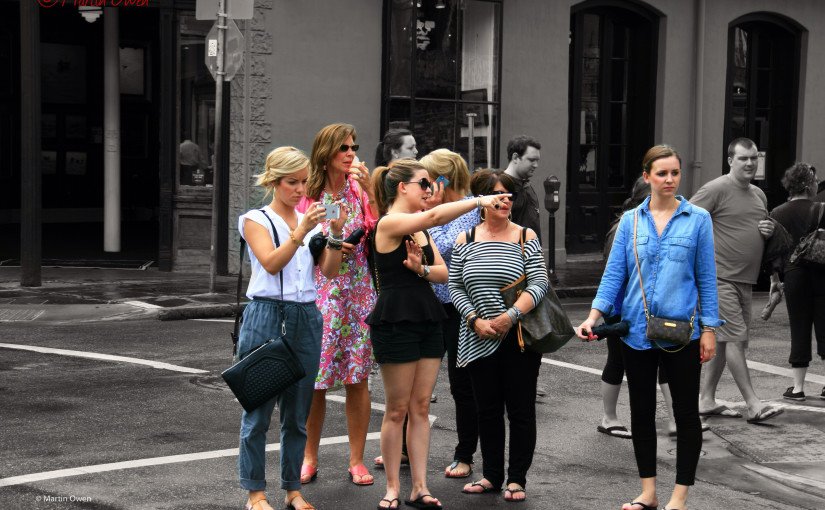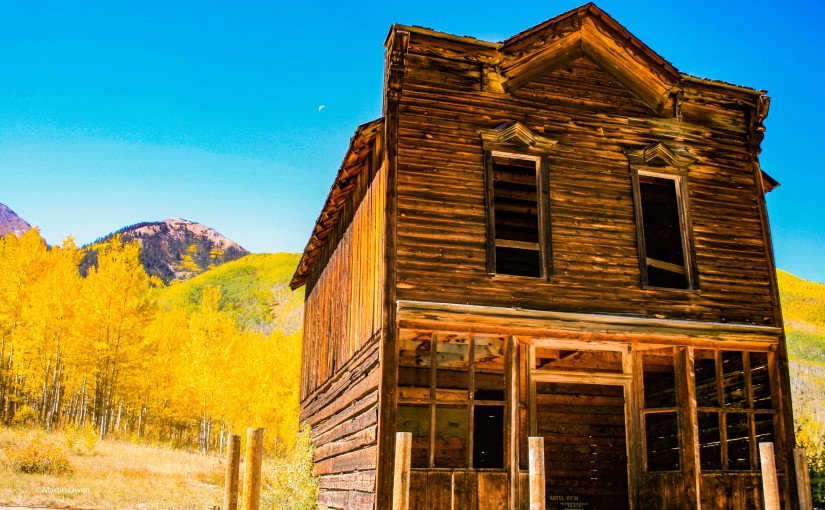I’m not a Grockle*, I live here!
I live in a tourist town. It’s a great feeling actually living somewhere that people save up their cash and time to visit on vacation. Well most of the time! I do sympathize with other locals who find their lives disrupted during ‘the season’ by what they perceive as traffic gridlock, full restaurants, and sometimes inflated prices, but I have a slightly different view, brought on by my lifetime obsession with tourism and the fact that my income is directly dependent on it.
Growing up, I lived near London and just ten miles from Windsor Castle and a host of other tourist centers. At one time it was common for residents to wear button badges saying ‘I’m not a tourist – I live here’. I must confess that when you’re trying to get to a business appointment, or just grabbing a lunchtime sandwich and you’re held up by a bunch of visitors with no perception of time, personal space or local customs it can get a mite, shall we say, irritating!
Having it pointed out to me that if it wasn’t for the tourists, I probably wouldn’t have a job, or the local amenities I enjoyed, didn’t initially help, but gradually I got the message and came to be tolerant and then respect (I think love may be going too far!) the visitors.
So, living in a tourist area has its challenges but what can those of us in the industry do to convince our fellow residents, who may have no immediate connection to tourism, that it’s a good thing to be in a place that others want to visit?
Destination Marketing Organizations have a duty to promote their areas to tourists. It’s their whole raison d’etre, but it’s my feeling that education of the locals is also a duty. DMOs do need to firstly let their residents know how they are promoting, what they’re promoting and importantly, why. Many residents think that visitors know an area exists and therefore promotion isn’t needed. It’s a fair point, but obviously incorrect to those of us involved.
It’s pretty pointless running ads in local media if you’re trying to attract visitors into a market, but you should at least share the ads you’re running out of market so that your locals know and understand what’s happening.
It’s also no bad thing to tell your locals why tourism is so important. Here in Florida there is no state income tax. That’s because 24% of sales tax is paid by tourists, so for locals that’s a very good thing and something of which they should be aware and not forget. It also matters that for someone who doesn’t think they work in tourism, that they see how their income is invariably linked to the success of local tourism, however indirectly. Nobody but the DMO is in a position to share that information.
A wise hospitality professional once referred to a line of visitors cars clogging a road as ‘every one being a credit card on wheels’
Lastly, there’s room to involve the locals in helping tourists. Who but a resident knows the best restaurants, or best attractions? Who else would know the history of a place, or indeed where to avoid!
Perhaps the DMO should issue button badges that say ‘I’m a local – ask me’!
*’Grockle’ is an informal and often slightly derogatory term for a tourist. It was first popularized because of its use by the characters in the film The System (1964), which is set in the Devon resort of Torquay during the summer season. Some older dictionaries suggested that it might be an English West Country dialect word.







